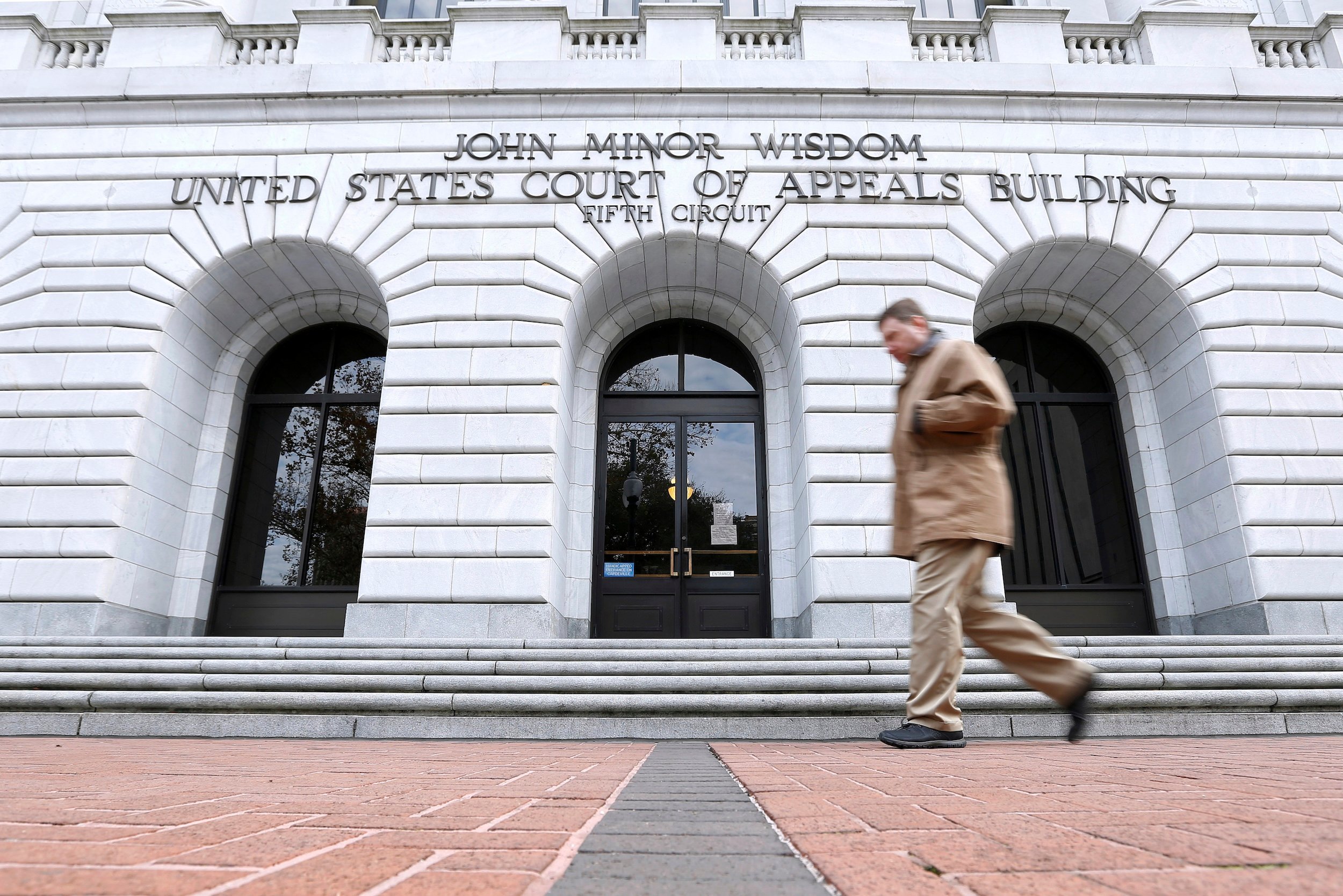What To Know Today
NEW from THE TRACE: In a year of racial and political turmoil, this Black gun group is booming. The National African American Gun Association, or NAAGA, hasn’t been around for long, but it already boasts more than 40,000 members. After steadily expanding during the first three years of the Trump presidency, its ranks have swelled by more than 25 percent in 2020 as the combination of pandemic, protests, and political violence have pushed firearm purchases to record levels. “My phone’s still going off… People are still signing up,” said Dickson Amoah, 40, who founded the Chicago chapter in 2016. “We had one member that actually cried at the first meeting, because they were so appreciative. We had a gun club for us, by us, and about us,” he tells my colleague Lakeidra Chavis in a new collaboration with NPR’s Code Switch. You can read the story here. 🎧Listen🎧: A companion podcast episode — which features The Trace’s Alain Stephens — takes you to a gun range in Illinois and explores the history of Black gun ownership dating all the way back to slavery.
Digging into the reasons police who use lethal force almost never face murder charges. Since 2005, just seven on-duty officers have been convicted of homicide for a fatal shooting. The data comes from criminal justice expert Philip Matthew Stinson and forms the basis of a one-stop Vox primer about the myriad factors that shield officers from prosecution. Among the roadblocks it highlights:
- wide legal latitude for officer use of force
- a culture of protection and silence among police for their colleagues
- conflicts of interest for prosecutors who work closely with law enforcement
- the public’s deference to police actions, especially during a jury trial
“Many police shootings are justified, dealing with a suspect who was a serious threat,” German Lopez writes. “But there’s also a confluence of social and legal forces that protect cops at every step… even if they actually were in the wrong.” As Stinson tells him: “‘Everything is done different’ than in a standard murder.”
Meanwhile, the frequency of police shootings has held steady in 2020. Criminologist Justin Nix analyzed The Washington Post’s fatal police shooting database and found 949 incidents this year, roughly on pace with the past five year-end totals. What has dipped: The number of victims classified as unarmed and posing no threat when they were shot by officers — from an average of 25 over the last five years to 12 in 2020.
Smith & Wesson sues New Jersey to stop probe of deceptive gun advertising. In October, the state attorney general requested internal documents, including those related to claims the gunmaker made about its firearms being safe or easy to use by a novice for self-defense. Smith & Wesson’s federal lawsuit alleges the subpoena “targets mere opinions and other protected statements.” A 2005 law shields gunmakers from most lawsuits, but there are exceptions. Last year, the Connecticut Supreme Court said a suit by Sandy Hook families alleging that Remington had marketed its products in a dangerous fashion could proceed to trial.
Law enforcement groups join chorus condemning threats against election officials. “We deeply value the First Amendment, but there is no constitutional protection for violence,” reads a letter signed by the Major County Sheriffs of America, the National Sheriffs’ Association, and the Major Cities Chiefs following weeks of armed protests and harassment directed at election administrators and other state and local bureaucrats over baseless vote-rigging conspiracy theories. The involvement of the sheriffs comes as a critical mass of Republicans politicians have begun to accept the election results that many had openly or tacitly disputed.
Federal official: I erred in saying the police shooting of an Ohio man appeared justified. A Columbus sheriff’s deputy fatally shot Casey Goodson, Jr. outside of own home on December 4. Despite a contrasting account from Goodson’s family, the ranking U.S. marshal in the region said shortly after the incident that he thought the shooting was likely justified. On Tuesday, he said that assessment was “based on insufficient information that I received prior to the beginning of the official investigation.” Last week, the Department of Justice launched a civil rights investigation into the circumstances of Goodson’s killing.
Data Point
32 percent — the increase in firearm homicides following the enactment of Stand Your Ground in Florida, where the governor is supporting a push to expand self-defense immunity to cases of looting and related felonies during next year’s legislative session. A RAND meta analysis of gun policies has found a strong link between the laws and increased gun homicides. [Journal of Human Resources]

